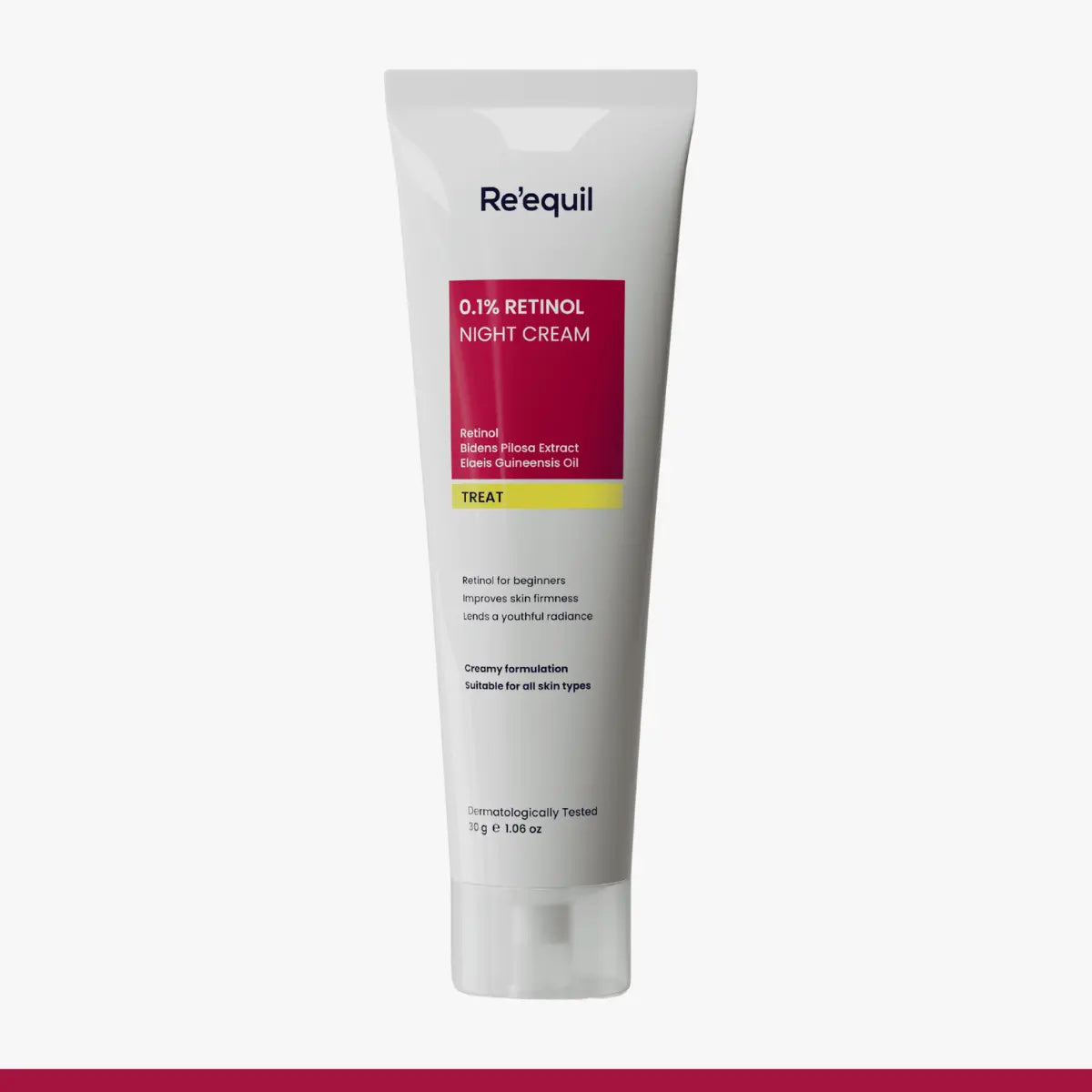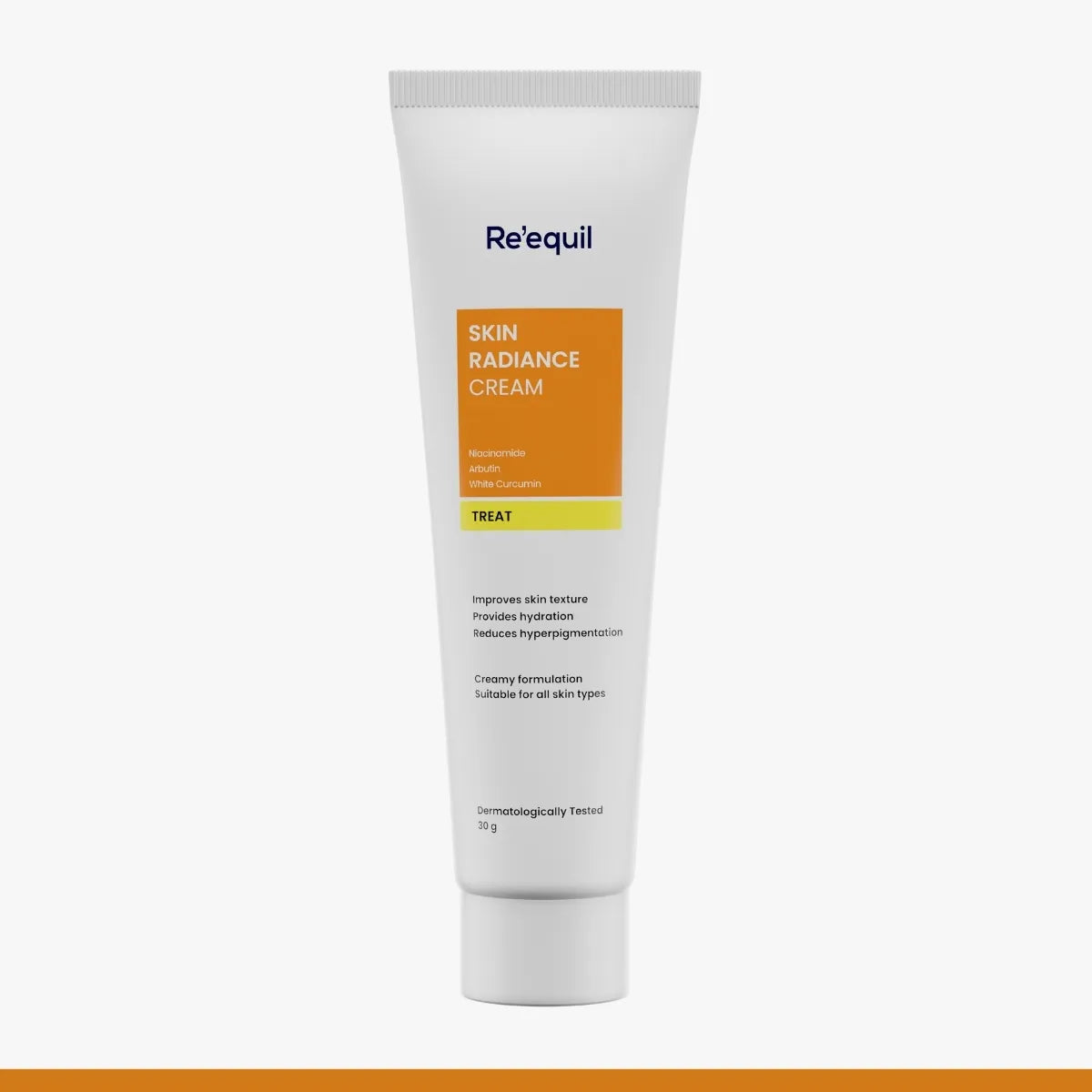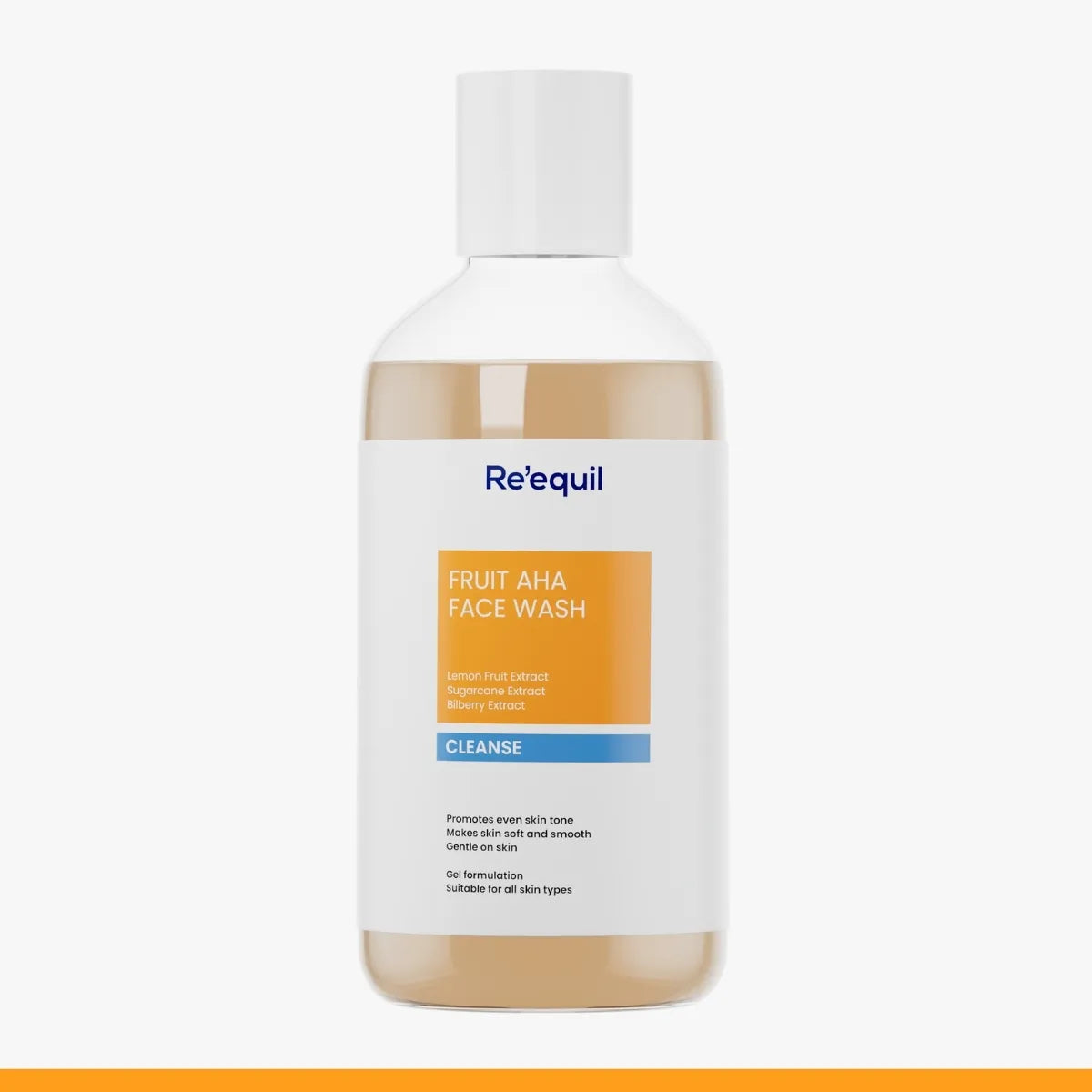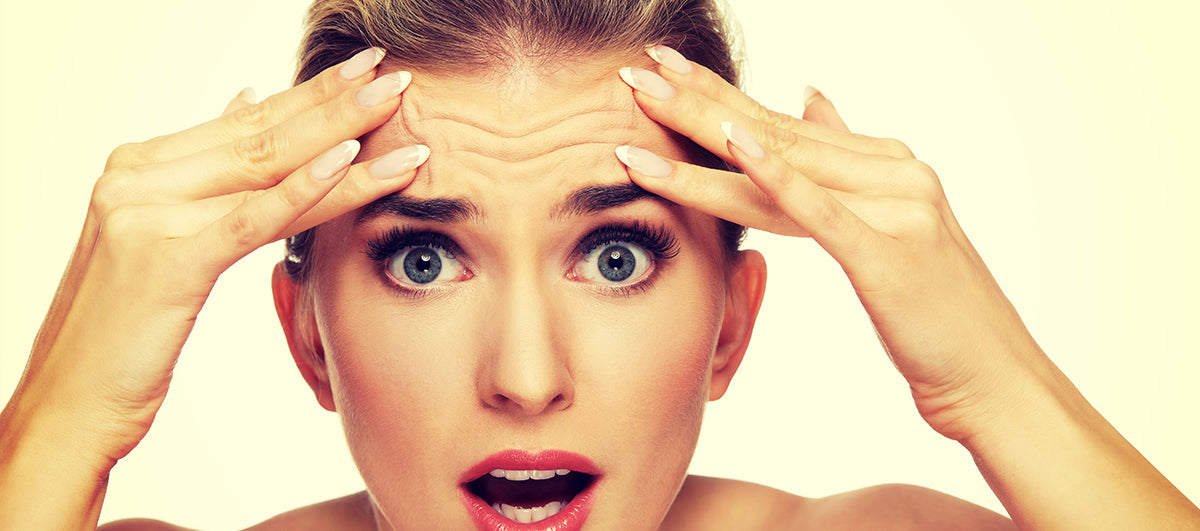The formation of wrinkles is one of the natural phases of the biological age process, yet takes a serious toll on a person’s appearance. Despite knowing that aging is an inevitable truth on this planet, we fret to accept it. Experiencing the early signs of aging is believed to sabotage one’s self-esteem and confidence. The good news is understanding the primary cause of early wrinkling and the anatomy of the skin can help to reverse the aging process.
In the last few years, the rate of people aging around the globe has been increasing dramatically. Apart from genetics, extrinsic factors like UV rays, oxidative stress, and environmental pollutants are blamed to be the major cause of early skin aging. According to a research study published in the international journal of cell transplantation extrinsic factors are characterized to deteriorate the extracellular matrix components such as collagen and elastin. This further leads to loss of elasticity and tensile strength in the skin, which give rise to wrinkles and fines lines.
Main Types of Wrinkles
- Atrophic wrinkles
- Dynamic Expression Lines
- Compression wrinkles
- Elastotic creases
- Gravitational Folds

1. Atrophic wrinkles
Atrophic Wrinkles are characterized by little parallel lines that appear on your forehead when you furrow your brow. Such wrinkles are formed due to the gradual breakdown of collagen and elastin.
2. Dynamic Expression Lines
Dynamic Expression Lines are the result of temporary facial expressions like laughing, squinting, or furrowing. Over time, repeated facial muscle movements result in the creases in the skin.
3. Compression wrinkles
Compression wrinkles are also called “sleep wrinkles”. Such wrinkles appear when your face presses against the pillow during sleep.
4. Elastotic creases
Loss of cutaneous elasticity due to sun exposure results in crease lines around cheeks, upper lip, and base of your neck.
5. Gravitational Folds
With the progression of age, skin begins to sag which creates the prominent skin folds around jowls, neck, chin etc.
5 best solutions
- Protect your skin from the sun
- Change your sleeping position
- Eat healthy and exercise regularly
- Moisturize your skin
- Manage everyday stress

1. Protect your skin from the sun
A research study published in the Journal of Dermatological Science has demonstrated that UV radiations are one of the most prominent environmental factors to cause skin aging. The skin aging induced by sun rays is called photoaging. Both the UVA and UVB radiation are known to cause severe damage to all three layers of the skin, i.e. the epidermis, dermis, and hypodermis.
To prevent the photoaging of the skin, it is considered vital to shield your skin from harmful UV exposure. Therefore, following preventive measures like avoiding the unnecessary sun exposure, wearing protective sun clothing, and slathering on a broad-spectrum sunscreen can save your skin from unwanted wrinkles.
2. Change your sleeping position
According to the research studies, wrong sleeping positions may make you age faster. It has been found that repetitive side or stomach sleeping creates a shear force and tension to face which ultimately leads to the development of wrinkles. Switching to ideal sleeping positions can be a huge help to limit the risk of sleep wrinkles. Dr. Anson explains that sleeping on the back is an effective way to prevent facial distortion during sleep.
3. Eat healthy and exercise regularly
A sedentary life and poor eating habits are strongly associated to accelerate the aging of the skin. A diet high in bad fats sabotages the skin’s texture and makes it dull, dry, and damaged. Missing out the daily exercise creates the dearth of oxygen in the body, which helps the skin in the regeneration of new healthy cells
On the other hand, a nutritious diet and regular physical workout are considered a secret to healthy, glowing, and youthful skin. Such healthy choices not only reverse aging but also save your skin from multiple skin woes like acne, facial discolorations, etc.
4. Moisturize your skin
Dermatologist reveals that a healthy skin care regimen plays a crucial role in preventing the fine lines and wrinkles on the skin. Lack of hydration in the skin makes you more prone to fine lines. Inculcating a hydrating moisturizer is the first and foremost step to attain soft, supple, and healthy skin. Opting for moisturizers that comprise skin ingredients like ceramide and hyaluronic acid are considered good to fade the appearance of fine lines and wrinkles.
5. Manage everyday stress
Research studies suggest that chronic stress caused by any reason not only shortens your lifespan but also kills your skin cells. Stressful events trigger the levels of stress hormone in your body, which damage your skin proteins (collagen and elastin). Moreover, repetitive action of frowning during tension leads to the formation of frown lines. Staying happy and less worrying is an anti-aging tip for everyone out there. Learning and practicing mind relaxation techniques such as meditation, yoga, and outdoor games are proven to bring a peaceful state of mind.

Your skin acts as a protective barrier against several infections, injuries, and other traumas. It is very important to reinforce your skin by providing enough protection, hydration, and nourishment. With time, skin starts to lose its strength and elasticity, which pull you closer to skin aging. So in the pursuit of youthful-looking skin, the role of healthy lifestyle choices and the right skincare regimen can never be undermined.
P.S.
New research findings reveal that a sunscreen is a staple skin care product that helps to prevent your skin from premature aging. It has been found that some sunscreens only protect your skin from UVB rays effectively. Insufficient protection from UVA rays is linked to causing long-term skin damage such as wrinkles and deep lines on the skin. It is important to buy a sunscreen that also contains UVA filters like titanium oxide and zinc oxide. Besides, it is also imperative to check whether all the ingredients of your sunscreen suit your skin. Sunscreen comprising the oxybenzone and parabens are considered to cause allergic reactions in the skin.





